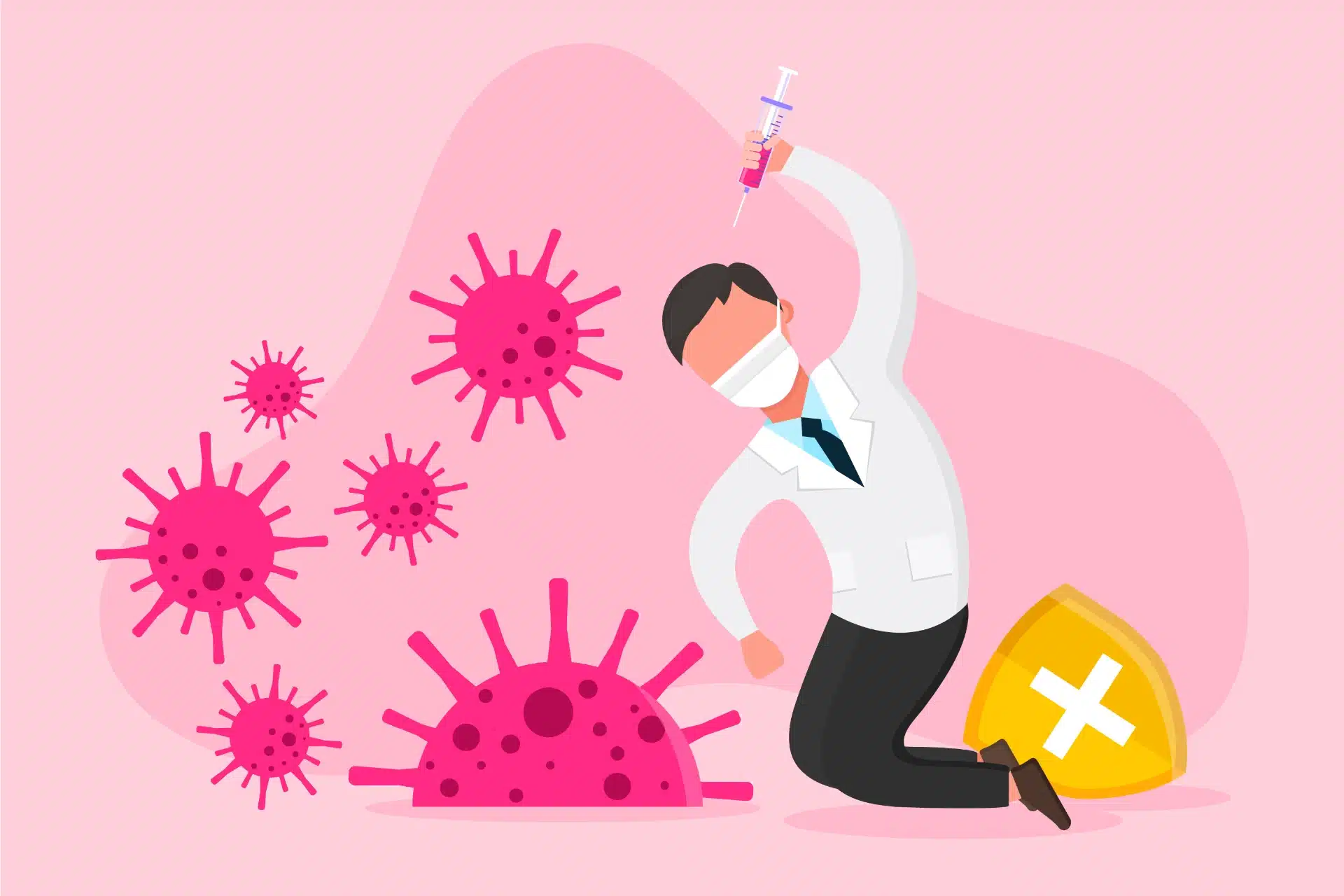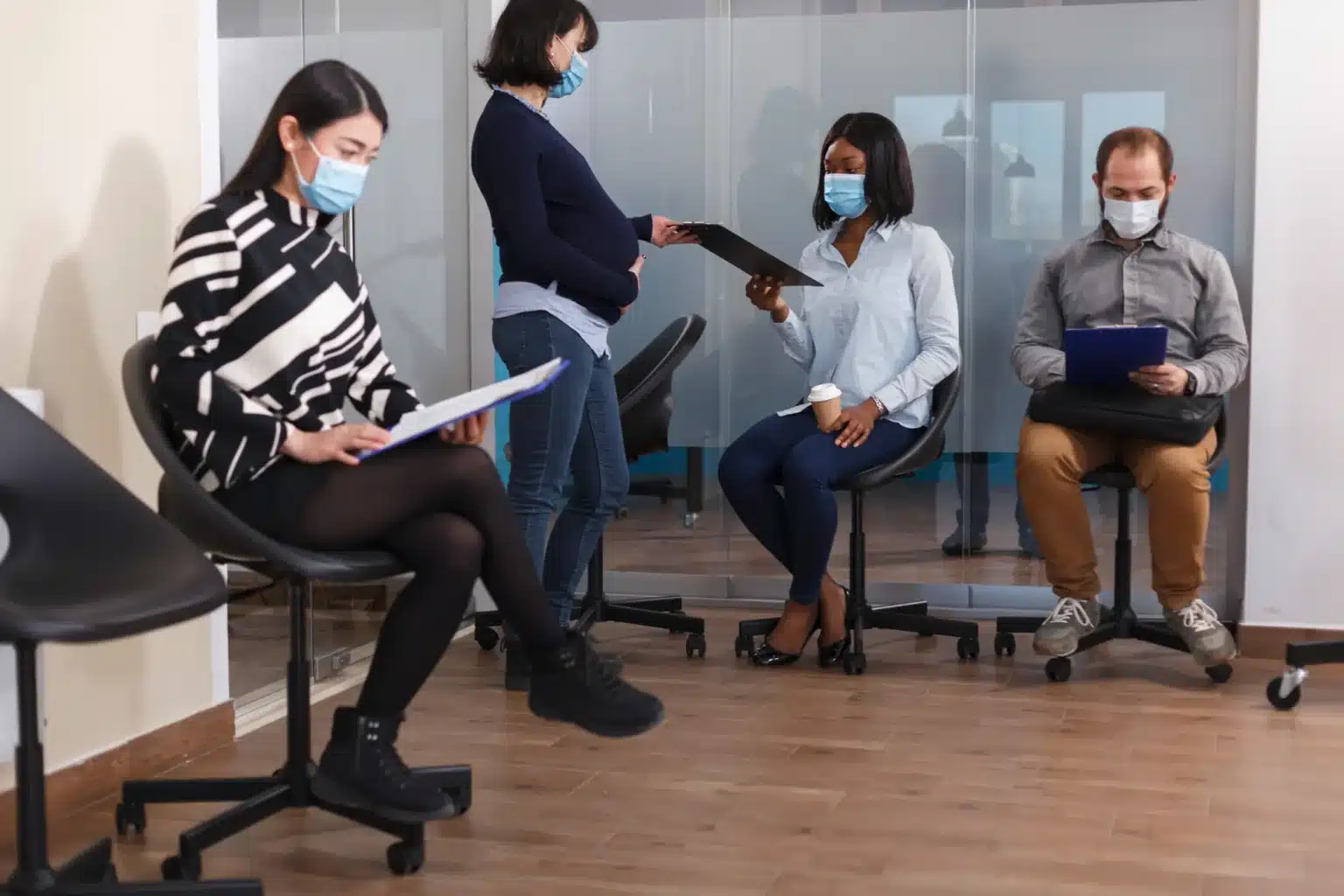Shingles, also known as herpes zoster, is a painful viral infection caused by the reactivation of the varicella-zoster virus, the same virus that causes chickenpox. A weakened immune system and increased stress are key factors in triggering shingles outbreaks, particularly in older adults and those with compromised health.
How Stress Triggers Shingles
Chronic stress can have a detrimental effect on the immune system. When you experience prolonged stress, your body produces higher levels of cortisol, a hormone that suppresses immune function. This weakened immune response can allow the varicella-zoster virus, which lies dormant in nerve tissues after a person recovers from chickenpox, to reactivate and cause shingles. Studies have shown that individuals with higher stress levels are more susceptible to developing shingles, highlighting the importance of managing stress as part of overall health.
The Role of Immune Health in Shingles
The immune system plays a critical role in controlling the varicella-zoster virus. As people age, their immune response naturally weakens, making older adults more susceptible to shingles. Additionally, individuals with chronic illnesses, autoimmune conditions, or those undergoing treatments like chemotherapy are at higher risk of developing shingles due to their compromised immune systems. These factors reduce the body’s ability to keep the virus dormant, leading to an increased likelihood of an outbreak.
Prevention and Stress Management
Managing stress is essential for maintaining a strong immune system and reducing the risk of shingles outbreaks. Incorporating stress-reduction techniques such as meditation, regular exercise, and adequate sleep can help boost immune function. Additionally, a healthy diet rich in vitamins and minerals supports the immune system. For those at higher risk, especially individuals over 50, the shingles vaccine is an important preventive measure, as it strengthens the body’s ability to suppress the virus and reduces the likelihood of an outbreak.
Conclusion
Shingles outbreaks are closely tied to the health of the immune system, with stress and other health conditions playing a significant role in triggering the virus’s reactivation. Reducing stress and maintaining good health practices can help lower the risk of shingles, but for those in high-risk categories, vaccination is the best line of defense. If you are concerned about your risk of shingles, consult with a healthcare professional to explore prevention strategies, including vaccination.
For more information on how stress and immune health influence shingles, visit Medical News Today.







 Anti-Rabies Vaccine (Pre-Exposure)
Anti-Rabies Vaccine (Pre-Exposure)

